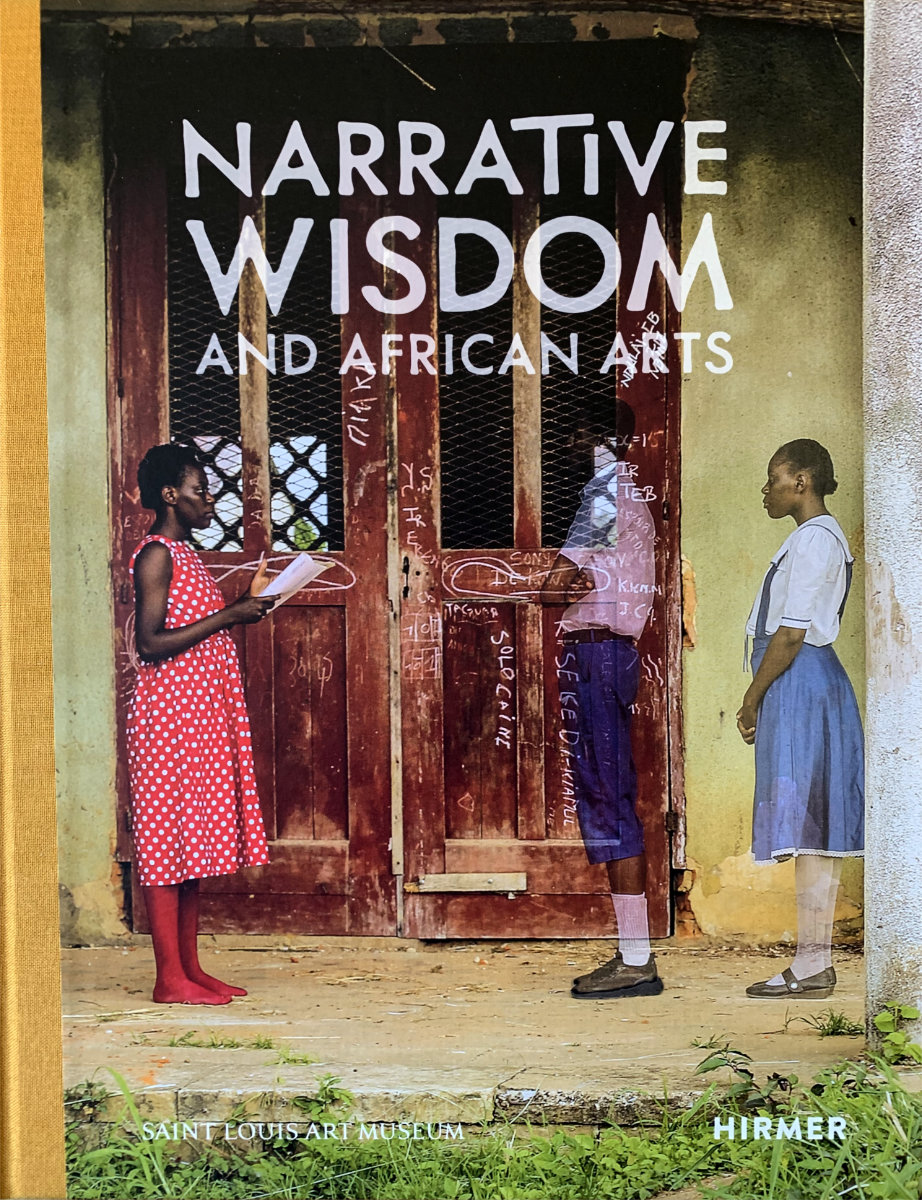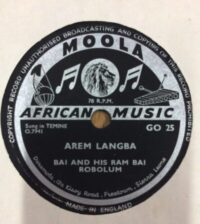African Art in an Art Museum

Edited by Nichole N. Bridges
The catalog of the exhibition “Narrative Wisdom and African Arts” by the Saint Louis Art Museum in the United States of America. The exhibition commenced in October of the previous year and concluded on February 16, 2025.
The exhibition’s accompanying catalog, published by the Saint Louis Museum in St. Louis, Missouri, USA, and the German company “Hirmer” from Munich, offers a comprehensive exploration of the intersection of narrative, African arts, and global cultural expression. The volume is under the editorship of Nichole N. Bridges. The book is 240 pages in length and features a visually appealing layout and artistic design, including pull-out pages. The publication is structured into 13 chapters, which are further divided into three overarching categories: “TEMP/ORALITIES; LEADERS; DESTINIES.
The exhibition at the Saint Louis Art Museum in the United States of America connects traditional with modern African art using narration as a bracket. Traditionally, these two fields of study have been quite separate. The exhibition establishes a connection through the use of narratives, serving as a unifying element. It is important to note that this does not encompass the entirety of the African continent, nor does it include all its regions. Undertaking such a task would undoubtedly be a colossal endeavor. However, connections are established across modern state boundaries, where colonial borders have been drawn through ethnic and/or cultural entities.
Continue reading “Dialogue or Juxtaposition. The Narrative of Saint Louis Art Museum”

